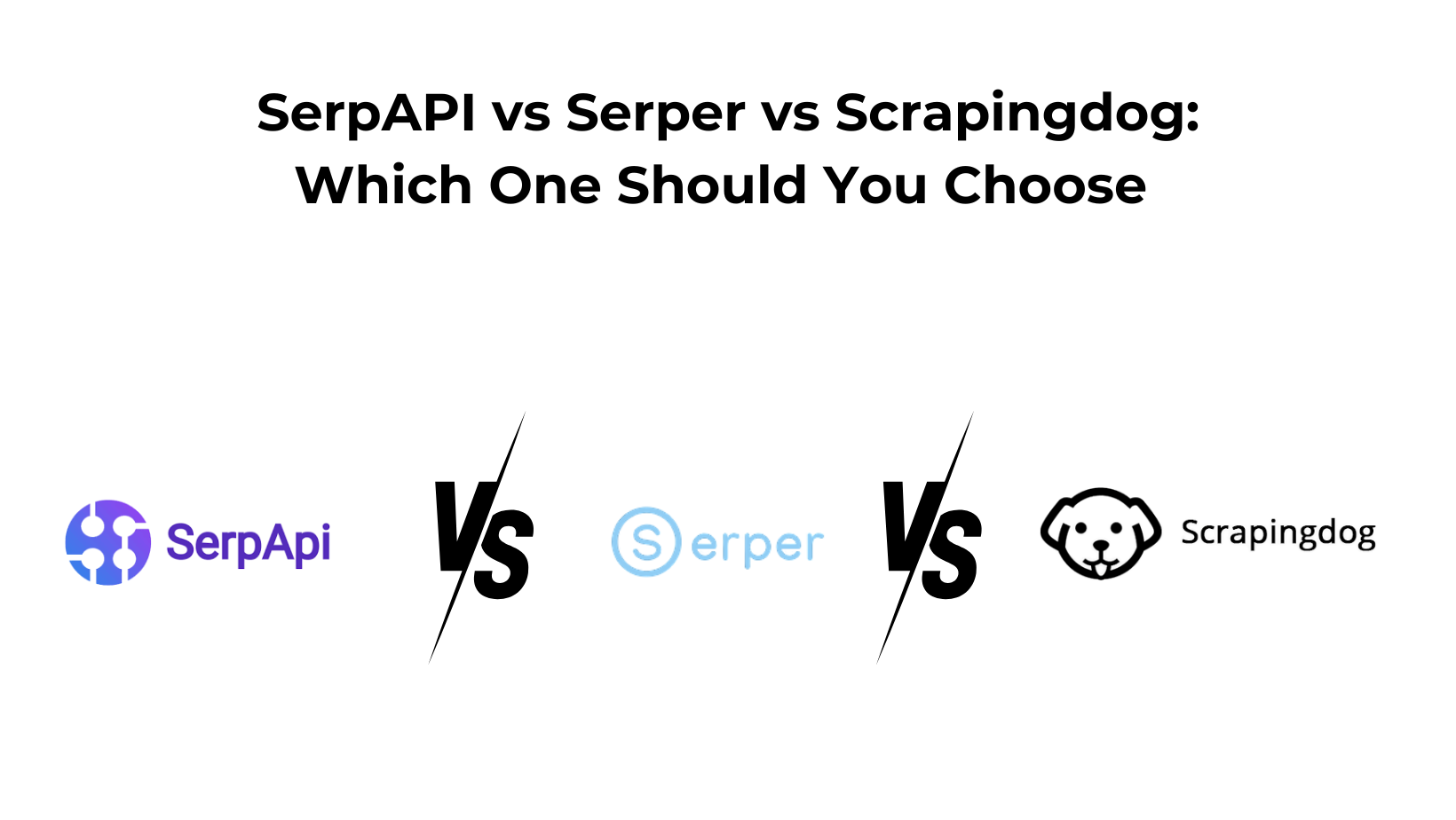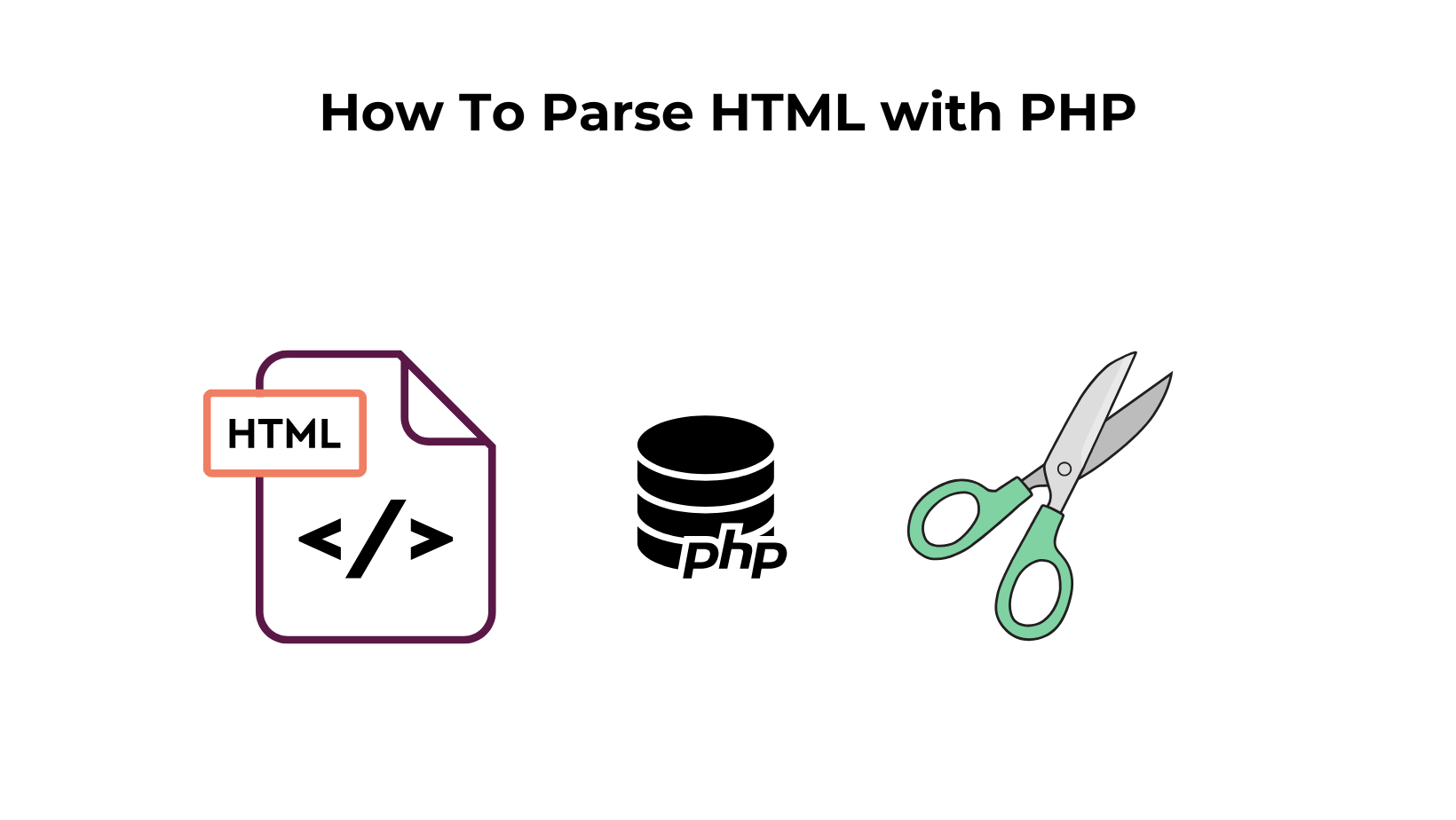Over the years, the Internet has grown into something tremendous and rather intricate. It’s now a place where an incredible amount of data is being exchanged. People on the Internet create approximately 2.5 quintillion bytes of data per day!
With so much data roaming around the Web, it’s become tough to protect and secure sensitive information. Data breaches
are expensive, not to mention very costly for businesses and users. The global loss due to cybercrime is predicted to
grow to over $10.5 trillion annually by 2025. On this same note, Gartner predicts that 45% of organizations worldwide
will be victims of a supply chain attack in the next 2 years.
What can be done?
This is where datacenter proxies enter the picture. This technology is a resource for those who seek more security and
safety, as well as businesses that need to secure their digital assets.
And in this post, we’ll tell you all about datacenter proxies and why you should use them for your personal and business
security.
What are datacenter proxies

Why you should use datacenter proxies
There are plenty of reasons why you should use datacenter proxies. These are:
- Compliance
- Privacy and security
- Speed (increased ability to handle high volumes of traffic)
- Cost-effectiveness
- Helps in Efficient Web Scraping
Let’s delve into these.
Datacenter proxies and compliance
Today, website owners use proxy servers to keep user data anonymous. These serve as intermediaries between people’s
devices and the internet. It allows people to access the pages anonymously, which goes a long way in preserving their
privacy.
But, what does this have to do with compliance?
Ever since data privacy laws like the GDPR have become more stringent, there’s been a hysteria among companies that
collect data – which makes up the majority of them. GDPR requires that companies have a lawful basis for the collection
and processing of data, and they put a special focus on consent.
Under GDPR, companies need to request consent from users for their details to be used for marketing. Content requests
can take many forms, some of which you can see in these GDPR opt-in examples. Proxies are great for compliance. They can
provide IP anonymization and block third-party cookies, which helps websites collect data and remain compliant at the
same time.
Read More: Best Datacenter Proxies in 2024
Privacy and security
When you use a datacenter proxy server and hide your IP address, as well as some other important information, you are making it a lot harder for third parties to track your activities on the Web. Routing the internet traffic increases both the security and privacy of data. However, it’s important to remain aware of broader online security challenges, such as the risks facing the software supply chain. These risks include malicious code injections, insecure APIs, and other vulnerabilities that could compromise data security and privacy.

Speed and reliability
The next reason why you should be using data center proxies is the strong performance they offer. Keep in mind that
these originate in data centers, which makes them very fast and with excellent uptime. You can now find servers with
10Gbps speeds. A data center proxy is one of the fastest types of proxies.
Cost-effectiveness
Helps in Efficient Web Scraping
Datacenter proxies come in pools, enabling users to rotate IP addresses. This rotation capability means that for every
request or series of requests, a different IP address can be used. As a result, web scrapers can access target websites
continuously without being restricted or banned, as each request appears to be coming from a different user.
Websites often have rate limits, restricting the number of requests from a single IP within a specific timeframe. With
datacenter proxies, you can distribute your requests across multiple IP addresses, ensuring that you don’t hit these
limits. This ensures continuous data extraction without any interruptions.
Not only do datacenter proxies offer faster speeds that reduce the time spent scraping, but they can also minimize the
risk of getting blocked. Time is money, and by efficiently accessing data without setbacks, the scraping process becomes
more economical.
Using datacenter proxies effectively integrates into the web scraping infrastructure, ensuring that businesses and
individuals can gather the vast amounts of data they need swiftly and without complications.
You can try Scrapingdog’s free unmetered datacenter proxy for web scraping. Our proxies are scalable, affordable, and
can be easily integrated into your existing setup.
Types of datacenter proxies
Private Proxies
A private datacenter proxy is a dedicated IP given exclusively to the user by the service provider. In this case, the IPs can only be used on selected domains.
Out of all types of datacenter proxies, these are the most expensive and also the highest-performing proxies. They give
you the most privacy and control.
Private proxies are sometimes referred to as dedicated proxies.
Shared proxies
Public Proxies
Public, free, or web proxies are proxies that you can find and use free of charge. They don’t work as well as private and shared proxies but come at no cost. If you plan to use them for data extractions, they have lower success rates. They are good for basic tasks such as, for instance, changing your location to access a site that’s restricted in your country.
Now, there’s an option that combines these – companies that offer free proxies for a limited time. In this case, you can enjoy the capabilities of the proxies in their paid plan for a limited time, just to give you a peak at what you’d be getting if you paid for the ‘real thing’.
Datacenter proxies vs. other types of proxies
Residential proxies
One of the most frequently used proxy types is residential proxy. As we mentioned previously, these assign IP addresses to real locations and devices, such as your business or your home. They are more expensive and harder to detect as proxies.
Residential proxies will use all devices that you connect through broadband. They will use personal computers and laptops through residential ISPs.

Mobile proxies
Another type is a mobile proxy. Mobile proxies assign IP addresses to mobile devices such as your smartphone. They come at a steep price and are usually used to bypass geo-location and similar online restrictions.
Simply put, a mobile proxy is a server that will direct the online traffic through your tablet or smartphone and hide your identity and location. When you try to reach an online service or a website, the phone will send a request to the ISP, and an IP address is assigned. Then, the request is sent to the service or website via the ISP mobile network.

Why datacenter proxies: A comparison
Datacenter proxies are ideal for businesses and individuals who want to boost their online security and privacy. They are:
- Dependable
- Much more budget-friendly compared to mobile and residential proxies
- Have remarkable speed
- Can bypass many web-based limitations
- Very easy to set up (in comparison, mobile and residential proxies are hard to set up)
- Don’t require physical networks or devices
How to choose a datacenter proxy provider
If you’ve decided to invest in a datacenter proxy, know that the reliable ones come at a cost, albeit much lower than other types of proxies. To avoid spending money unnecessarily and making risky mistakes, you should carefully consider your options.
To choose a good datacenter proxy provider, it’s important to know what to look for. Different proxies will support different encryption methods and protocols, so you must consider your needs before you invest.
Here are some factors that we believe will help you make your choice:
Consider the provider’s reputation
Search for multiple server locations
Check the speed and latency
Proxy pool size
Ready to choose your datacenter proxy?
Additional Resources
Web Scraping with Scrapingdog



